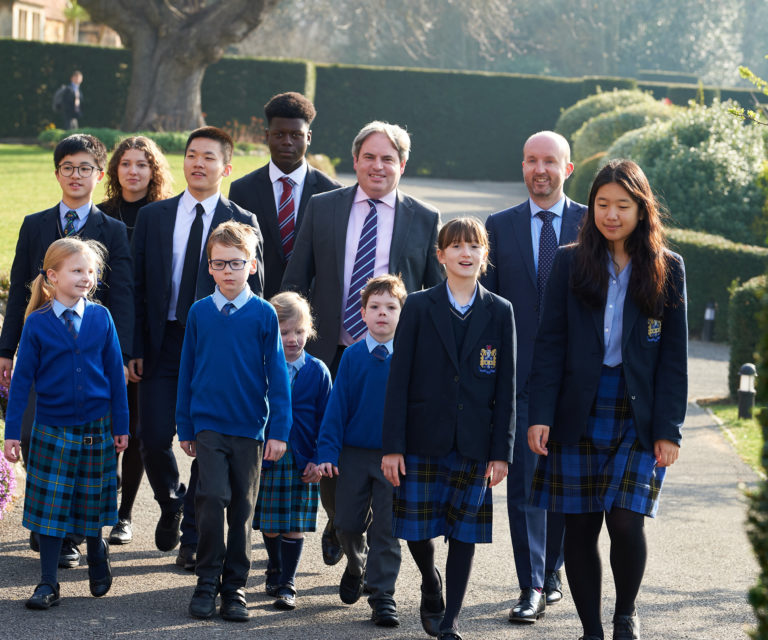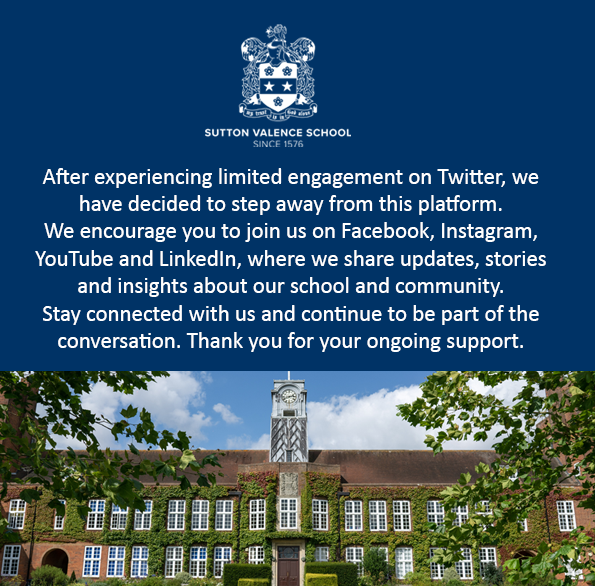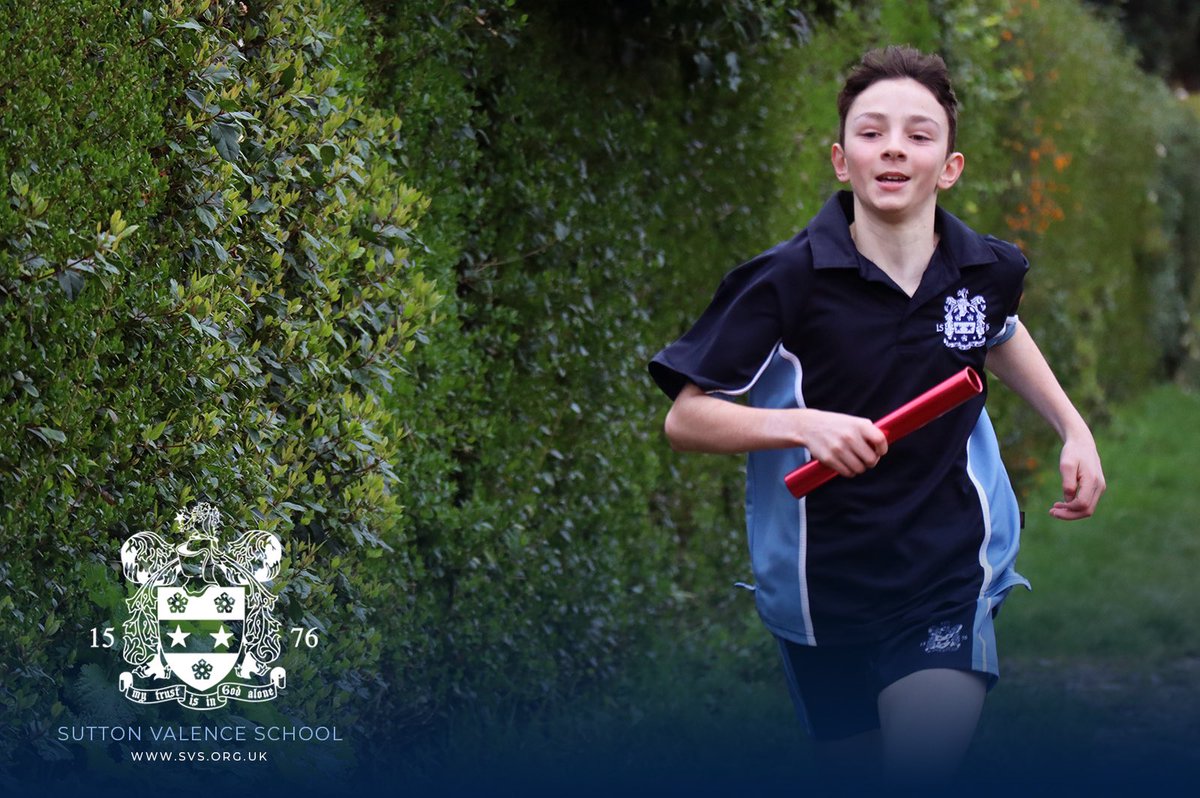
It has been a real pleasure, over the last couple of weeks, to spend some more time with the Pre-Prep children, in assemblies, dropping into classrooms, and at break and lunchtimes, too. Super Stars’ Assembly has long been an event I have heard much about but to experience it first-hand has been a real treat.
One thing that has really shone through in these assemblies is the way in which early reading is encouraged and celebrated; this is probably the single-most celebrated activity in Super Stars’ Assembly, and rightly so. The foundations laid by the children learning phonics and speed sounds translates into comprehension and fluency as the children move through the School. Just today we were able to celebrate five more “millionaire readers” in Years 3 to 6. These children have each now read over a million words since the start of the School year, demonstrating a good understanding of the books they have read through the quizzes on the Accelerated Reader scheme.
Of course, the work completed in School is just the tip of the iceberg when it comes to developing fluency in reading. The contribution of parents, carers and wider family is so vitally important, whether in sharing favourite books, reading together or listening to children read and asking them questions to test their understanding.
I am a firm believer in practising what I preach. Many of you will know that my family welcomed its newest member, Benjamin, back in October. Even though he is still very small, we all (including my two other children) try to find opportunities to read to him. Of course, he is still some way off understanding anything that is being said and at times he doesn’t even seem terribly interested in the book in front of him, preferring to stare at the curtains or a lamp, but over time, sitting down with a book will become a normal thing for him, without him even realising. This is, after all, what we want for all of our children; for reading to become a normal part of everyday life, rather than a job to be done.
Surrounding our children with language, both written and spoken, is one of the best things we can do for them. Introducing them to new words and including them in our conversations. Avoiding the temptation to over-simplify explanations, but giving time to test understanding. Reading together, from tiny tots right through to hulking Year 6 children. All of these form vital parts of this language acquisition journey.
Reading comprehension ability is widely touted as one of the best indicators of future academic success, which is just one of the reasons that we hold early reading skills in such high regard.
It’s never too early to start!
Mr Watkins, Deputy Head





